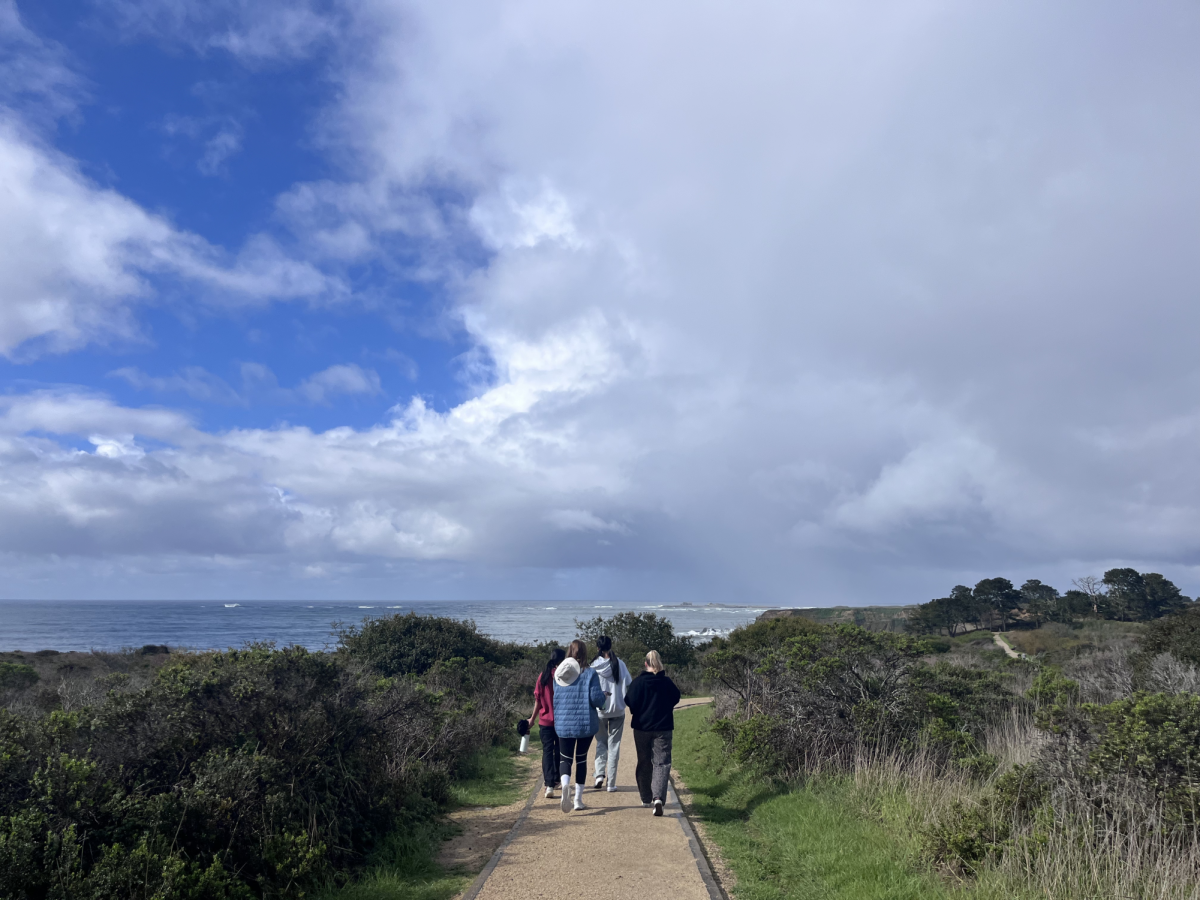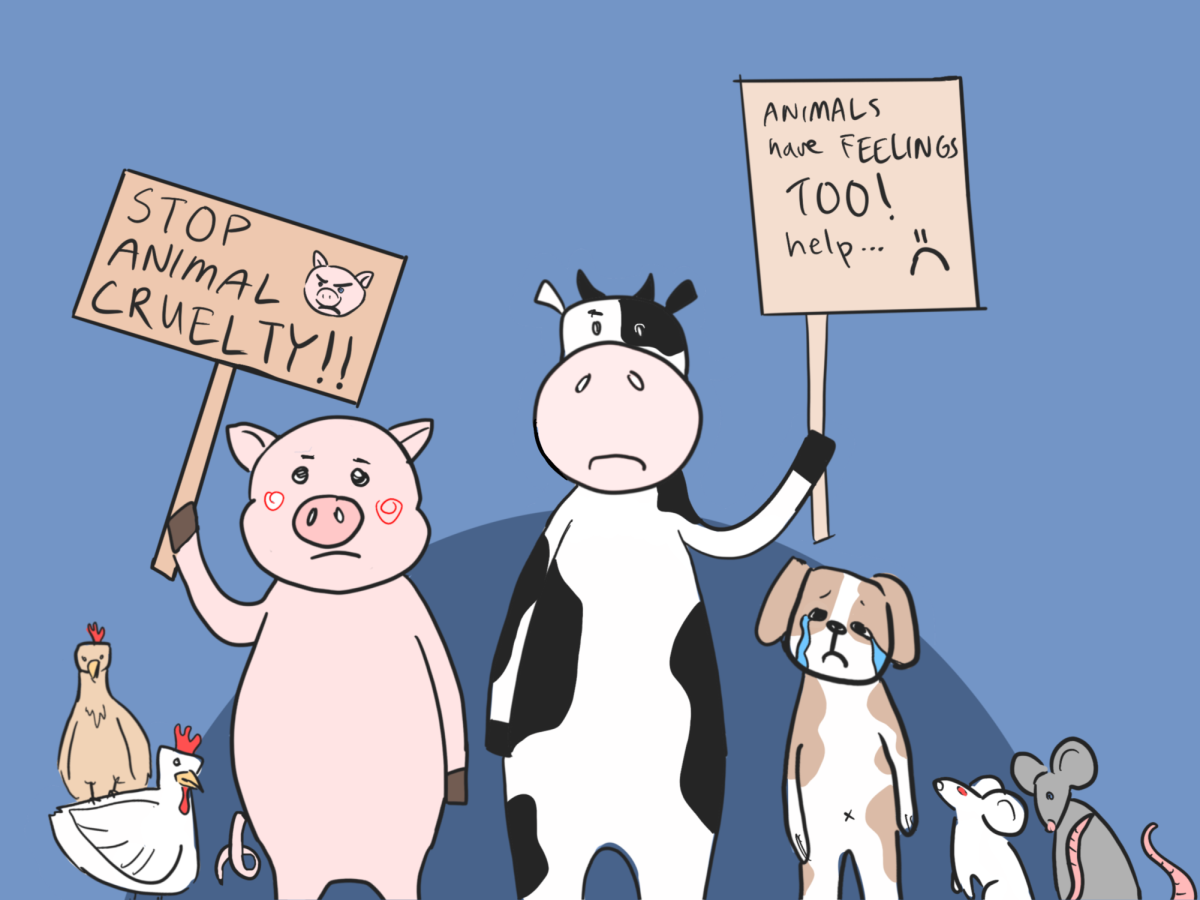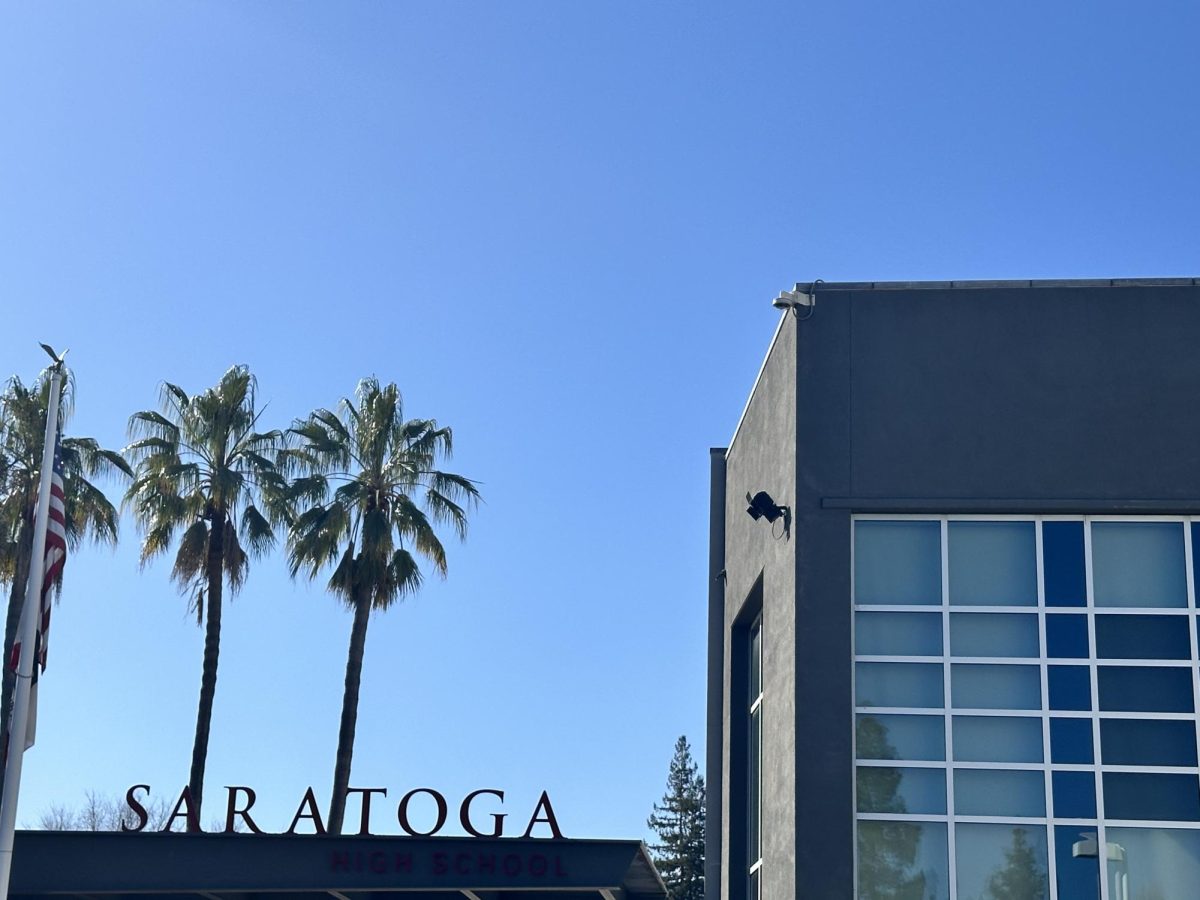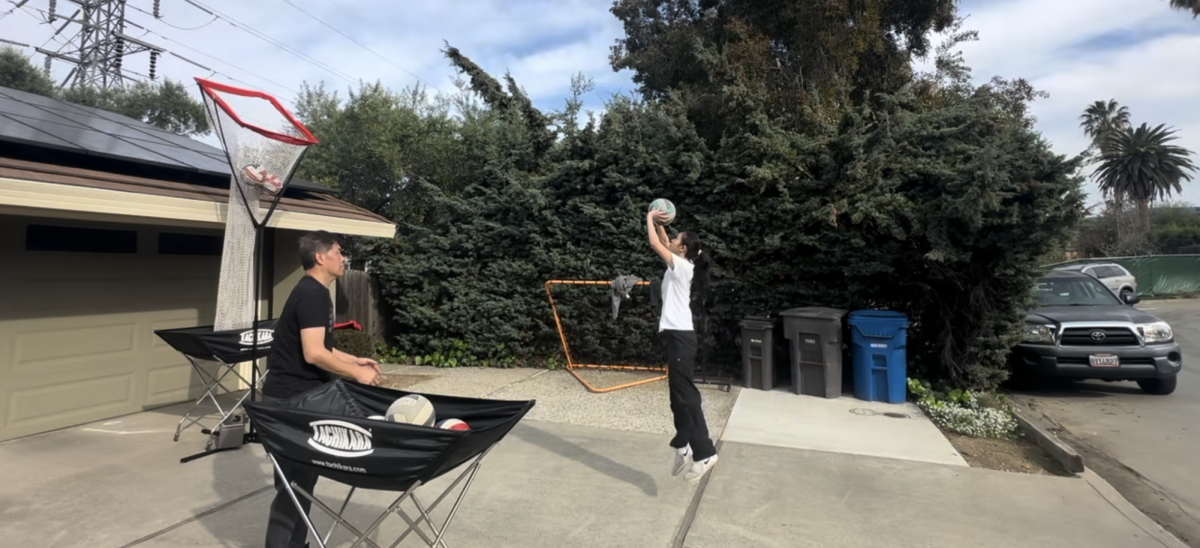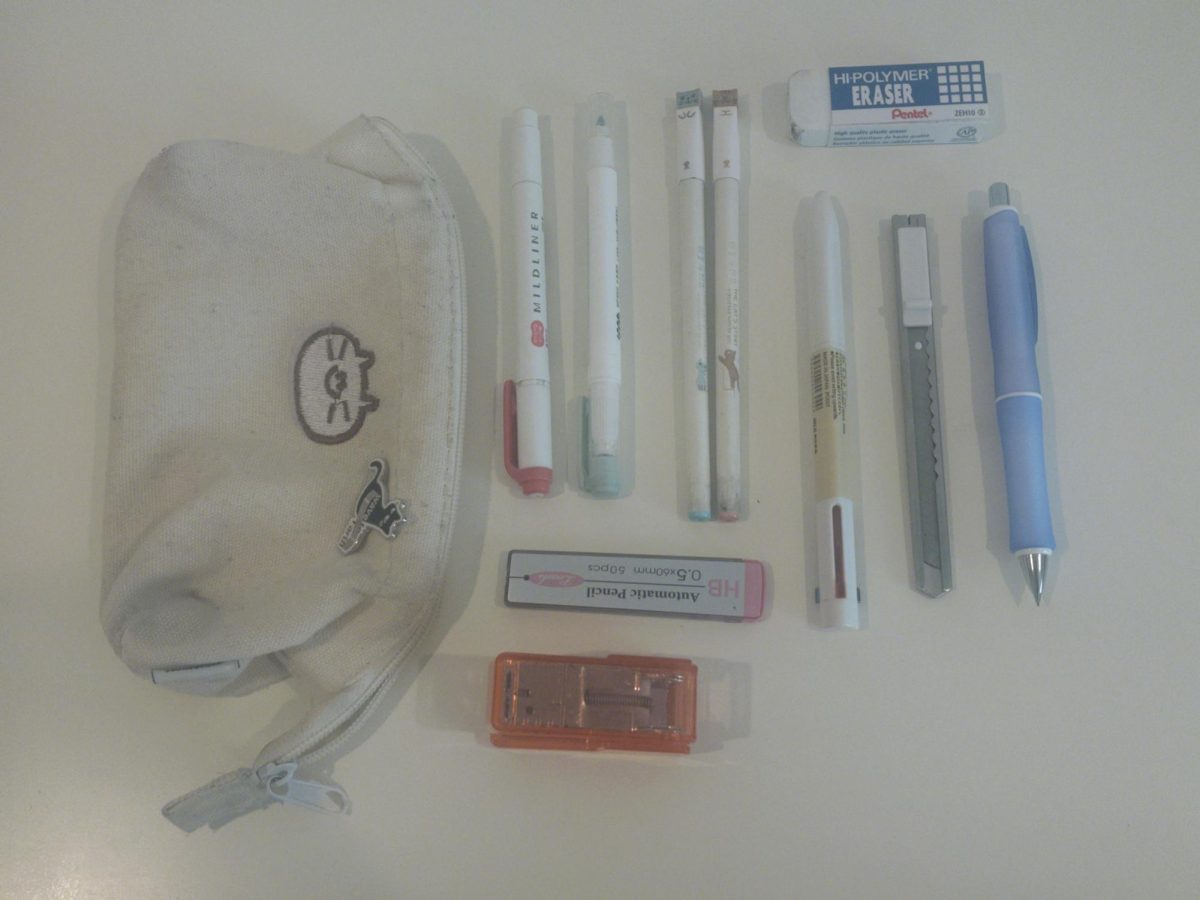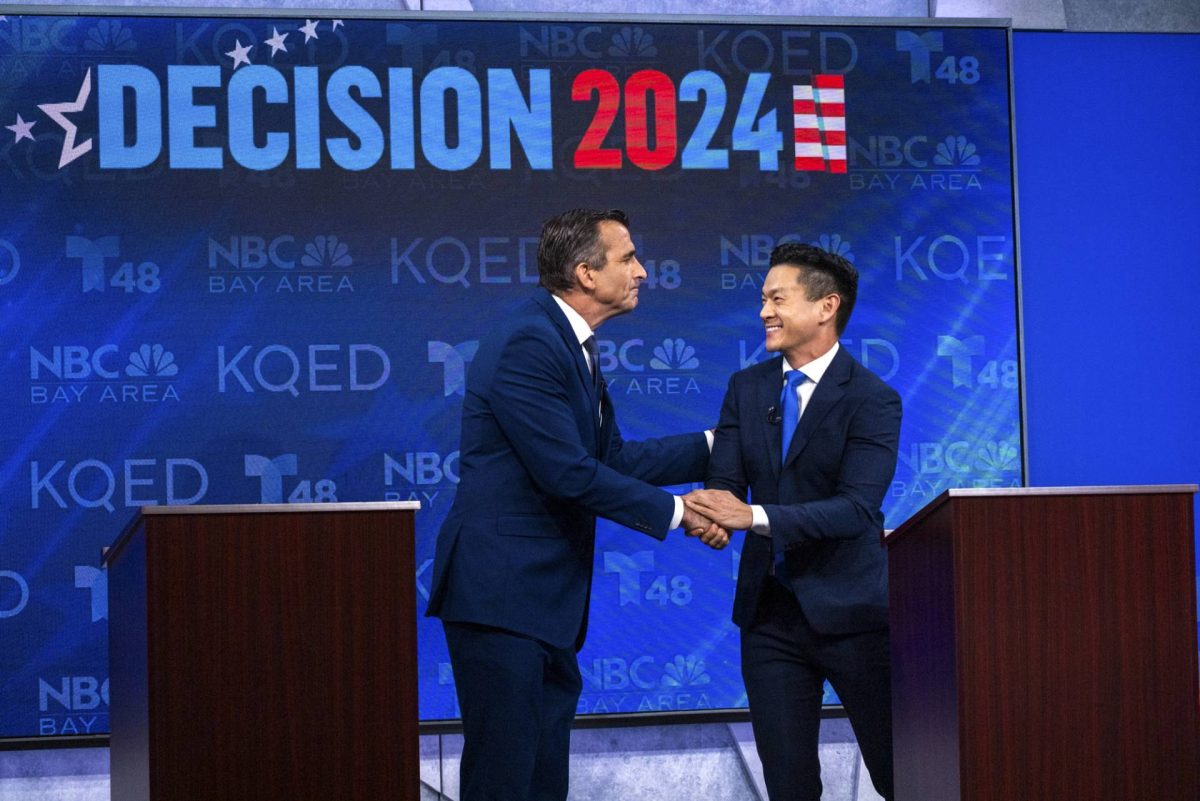On Oct. 11, candidates Sam Liccardo, former San Jose Mayor, and Evan Low, representative of the 26th Assembly District in California State Assembly, faced off in an hour-long and largely unproductive debate hosted by NBC Bay Area and broadcasted on KQED to determine the candidate more fit to represent District 16, home of Saratoga, in Congress.
Both candidates are Democrats and have largely the same policy agendas and approaches to the position, with minimal differences. So, as expected, the debate boiled down to a flurry of personal attacks about FEC investigations, legislative experience and arguments over who has the “better” endorsements.
Take one issue debated in the first few minutes of the debate: the refusal to recount the primary votes by Low. The moderators’ first question to both candidates, surprisingly, was “Are you running an ethical campaign?” They questioned Liccardo’s claims of the debate being postponed due to laryngitis, despite the fact that Liccardo was clearly hoarse through the whole ordeal.
Liccardo emphasized that Low refused to consider a recount after the initial primary vote because, as Liccardo claimed in the debate “[Low] admitted he was scared that he might lose.”
Low, instead of responding directly to the allegations, pointed the public to claims that Liccardo attempted to dismantle public safety and the police force, and that voters should prioritize “records over rhetoric.” This reference to Liccardo’s efforts to dismantle the police force was frequently made throughout the night.
Besides public safety, there was also significant clash on the subject of homelessness in San Jose — Liccardo claims that homelessness decreased by 11%, while Low claims that a state auditor found that it increased by 40%, classifying it as a state of emergency.
Personally, as a listener who has no concrete way of fact-checking any of the accusations that were made in the debate, I was left unsure as to which candidate was actually correct about the statistics.
To me, the highlight of the debate occurred when the candidates argued over the number of endorsements they have from Congress members. Liccardo claimed repeatedly that only two of the total 79 congresspeople Low worked with on a day-to-day basis endorsed Low’s campaign, whereas Liccardo had four times as many endorsements (totaling only eight).
The numerical comparison of endorsements had no impact on me as a listener — I was left unsure as to which of these endorsements matter the most, and believe that uneducated voters would have an even more difficult time filtering the data.
Low, in response, emphasized that his endorsements came from a variety of public safety workers: the fire department, police department/sheriff and California Democratic Party. Liccardo then resorted to a claim that Low voted against Bill SP1421 to leave police records of misconduct, like excessive force, sexual assault and theft, undisclosed. Low said he still supports his past decision but did not offer much explanation.
The one issue the candidates do disagree on policy-wise is Prop 36, which allows felony charges for people processing specific drugs, and for thefts under $950. Low is against the proposition, and cited that he refuses to “go back to the era of mass incarceration.” Liccardo, for the proposition, emphasized that “arrests do not equate to incarceration” and that accountability should be prioritized.
Again, because I had no way to fact-check any of the candidates’ track records in office, I was left confused as to which candidate actually did more work towards resolving the major issues that were discussed during the debate: ethics, international conflict, immigration, homelessness, public safety, housing, small businesses and even data security. However, I am not sure the minor details are important, given that both candidates have nearly identical policy agendas.
Repeatedly, issue after issue ended in a “wash” — nobody clearly won or lost in my eyes. The hour of back and forth was largely repetitive and unclear, leaving voters undecided as to which candidate will more strongly support the ideals of District 16. The statistics only back up this indecision.
According to NBC, an independent poll found that 40% of voters in the district are still undecided, with all voters in agreement that they would vote for the candidate with a clear plan.
Either way, I hope one of the candidates outlines a clear plan for the district by the election; otherwise, the race is as good as a coin toss.



